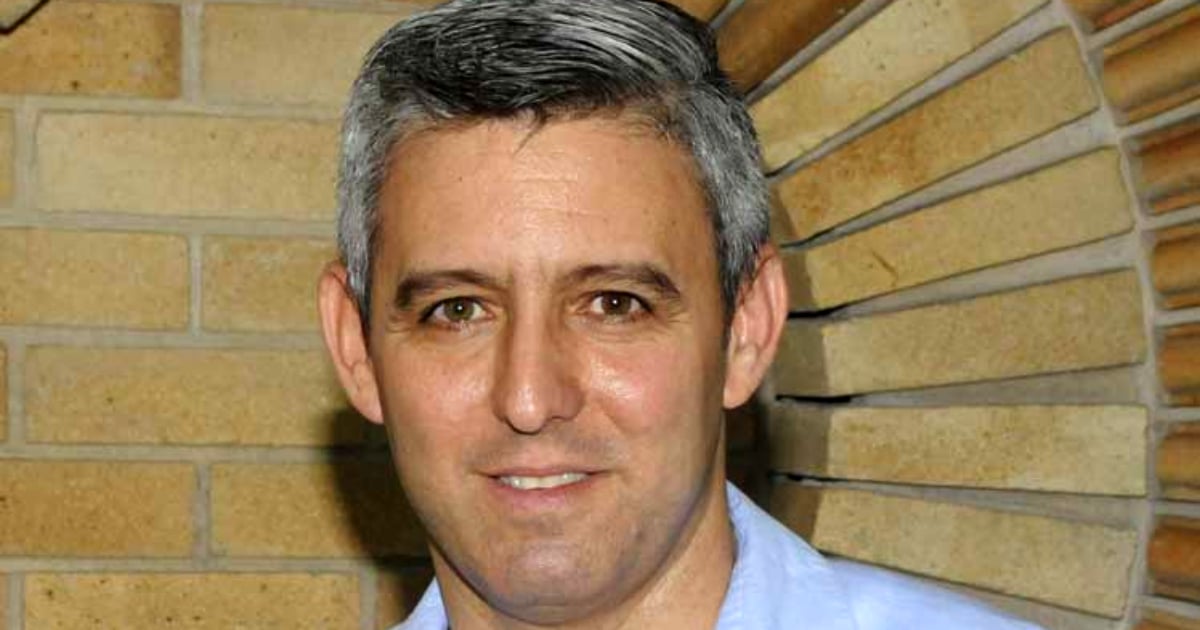The recent removal of Jorge Luis Perdomo Di-Lella from his position as Cuba's deputy prime minister has sparked intense speculation and debate across social media platforms and independent news outlets. While the official narrative cites “errors in the performance of his duties” as the reason for his dismissal, numerous reports suggest that his departure may be linked to the business activities of his brother, Yoel Perdomo Di-Lella, who controls several private enterprises allegedly benefiting from special favors granted by the Cuban regime.
This development has reignited discussions about corruption and the lack of transparency within the ruling elite, as well as the growing economic influence of individuals connected to high-ranking officials.
The Rise and Fall: Jorge Luis Perdomo's Political Journey
According to a report by 14ymedio, Jorge Luis Perdomo, who had served as deputy prime minister since 2021, was officially removed under the vague pretext of unspecified “errors.” His exit mirrors the case of Alejandro Gil Fernández, the former Minister of Economy, who was also ousted earlier this year amid similar broad accusations of “serious errors,” without any detailed public explanation. Since his arrest, no updates have surfaced regarding his situation.
Social media users have linked Gil Fernández's case to the alleged detention for corruption of Fernando Javier Albán Torres, a Cuban businessman who founded and was a major partner in the AgroIndustrial Media Luna company based in Ciego de Ávila. In both instances, the lack of transparency has fueled public frustration, leading to questions about the opaque handling of such matters during a time of deep economic crisis in the country.
The Business Ventures of Yoel Perdomo and His Regime Connections
Yoel Perdomo Di-Lella has built a business empire both inside and outside Cuba, largely thanks to his connections with Palco, a state-linked entity that acts as a bridge between the state sector and foreign capital enterprises. CubaNet reports that Yoel began his career in the 1990s as a dining manager at the Comodoro Hotel and later worked with Abraham Maciques, Palco's president, at the Convention Palace, until his own dismissal in June 2021.
These connections enabled him to quickly rise in the business world, managing the famous restaurant “El Palenque” and organizing significant events, thereby cementing his closeness to powerful figures. In 2021, with Jorge Luis already serving as deputy prime minister, Yoel was appointed director of Camax Chile S.A., a Panamanian company that presents itself as foreign, yet operates closely with Palco in Cuba.
This company functions as an offshore entity allowing the Palco Group to handle imports and currency under a guise of “privatization.” Beyond Camax, Yoel has expanded his empire with Tuambia SURL, a small and medium enterprise focusing on online sales and product delivery, leveraging Palco’s logistics and distribution networks.
Investigations, Arrests, and the Aftermath of Perdomo's Dismissal
The dismissal of Jorge Luis Perdomo occurred just days after his brother Yoel and other Palco executives were interrogated in a corruption investigation involving currency trafficking and tax fraud. Although Yoel has not been formally detained, his accounts have been frozen, and authorities have seized cash from properties connected to him and other implicated individuals in what appears to be a “clean-up” operation within the state apparatus.
Sources close to CubaNet reported that Jorge Luis Perdomo was informed of his impending dismissal days before the official announcement, and he continued attending meetings until the last moment. The situation echoes the departure of former minister Gil Fernández and aligns with the Cuban regime's efforts to project an image of fighting corruption amidst growing public discontent.
However, the public has criticized the lack of specific details regarding the true reasons for these dismissals, which seem more like maneuvers to obscure internal power struggles and disputes.
The Private Sector as a Means of Family Enrichment
The case of the Perdomo brothers has exposed how the private sector in Cuba has become a means for the enrichment of relatives of high-ranking officials. In his program “Desde la Presidencia,” Díaz-Canel highlighted new economic actors as sources of corruption, while other leaders, like Prime Minister Manuel Marrero Cruz, have criticized the growth of small and medium enterprises, accusing them of exacerbating inequality and corruption on the island.
However, several independent reports have revealed that many of these small and medium enterprises are directly linked to the state apparatus or the families of top officials, debunking the notion of a private sector independent from the government. In this context, Yoel Perdomo represents a new generation of entrepreneurs who, under the guise of private companies, maintain close relationships with government institutions and access resources and privileges unavailable to other entrepreneurs.
This phenomenon has increasingly drawn public ire, as the population perceives the expansion of the private sector in the hands of the elite as a consolidation of economic power among the ruling class, rather than a move toward genuine economic liberalization.
Ultimately, the removal of Jorge Luis Perdomo Di-Lella is seen by analysts as part of the internal power struggles within the ruling elite. His alleged protection of his brother’s businesses at the expense of other entrepreneurs is viewed as a “mistake” amid the economic crisis and popular mistrust of the regime.
While the outcome remains uncertain, what is clear is that the case of the Perdomo Di-Lella brothers reveals the deep entanglement between the state and private sectors in the Cuban economy, as well as the conflicts of interest and corruption that underscore the current regime's crisis. For many, Jorge Luis Perdomo Di-Lella's dismissal is merely a superficial move, and both the media and social media users continue to demand full explanations for the reasons behind his downfall, as well as effective measures to truly separate the state apparatus from the business spheres that have become the family patrimony of the Cuban elite.
